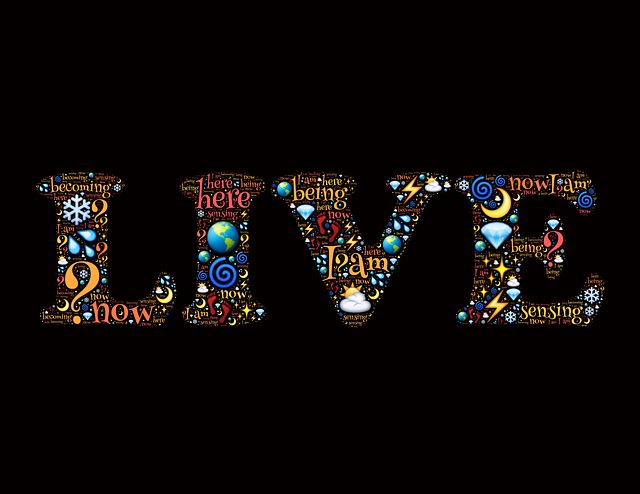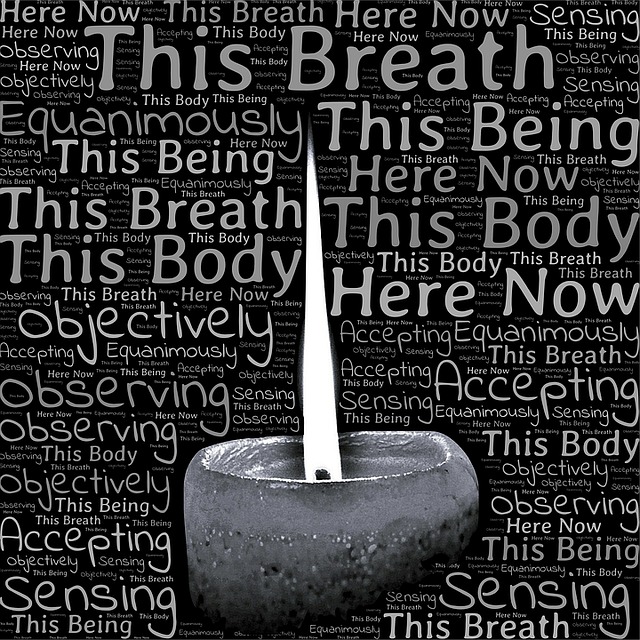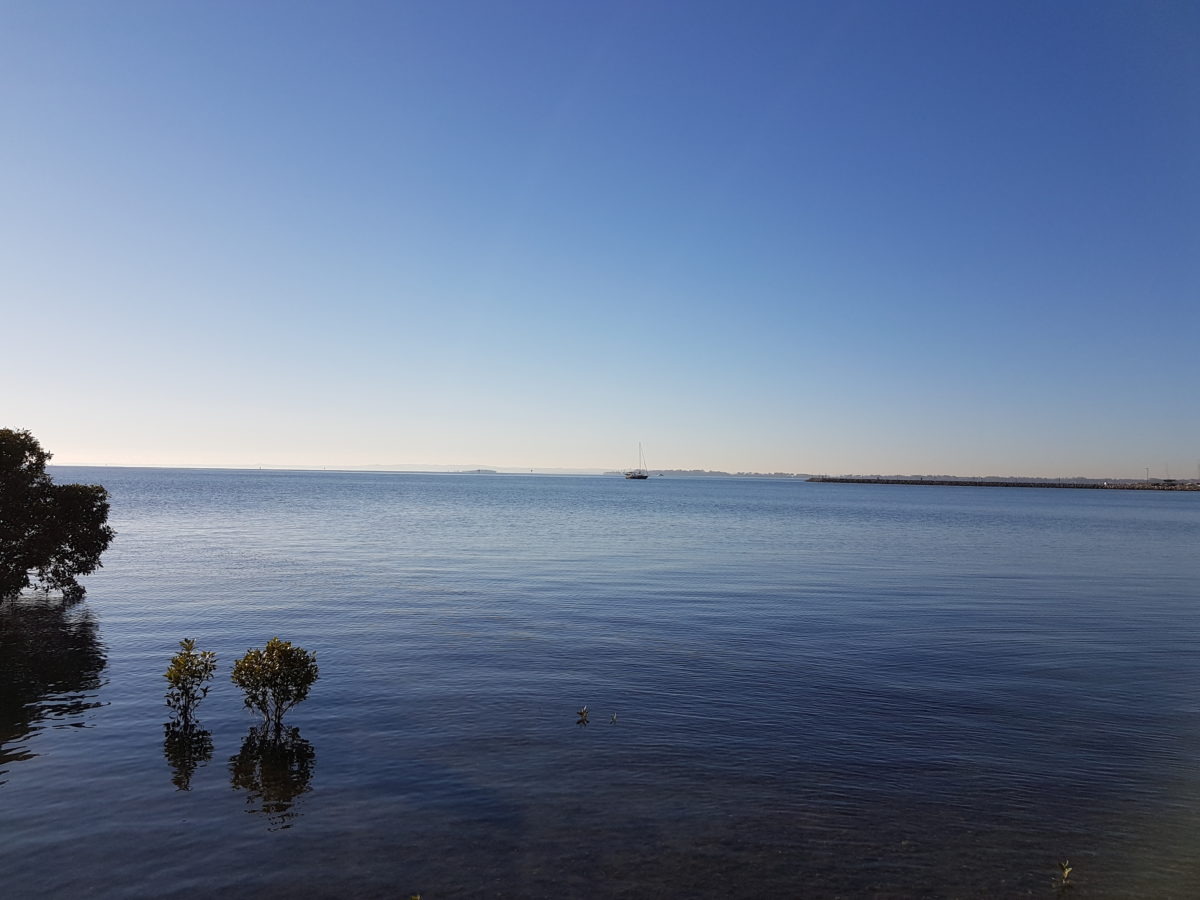In February 2016, news.com.au reported on the story of Jake Bailey who got out of his hospital bed to deliver his Captain’s address at the 2015 Christchurch Boys’ High School Prize Giving ceremony. Jake, in his final year, had been diagnosed with cancer and was on his fourth chemotherapy treatment when he left his hospital bed to give the speech.
Despite his illness, Jake passed the year 12 exams and expressed gratitude for the support he received from near and far. His speech is very moving and, at times, confronting. He makes the point that when you are confronted with death you are forced to reflect on who you are and what you are doing with your life. In his own words, Jake reminds us that we so often overlook the present because we are so focused on tomorrow:
I was dying for the weekends, I was dying for the school holidays. Before I knew it, I was dying.
Jake reminds us to be grateful for what we have and to live the present fully:
Here’s the thing – none of us get out of life alive. So be gallant, be great, be gracious, and be grateful for the opportunities that you have.
The full speech is available on YouTube and the video of his speech has been viewed by more than 1.7 million people at the time of writing this post.
Jake’s speech causes you to ask the question:
Are you dying for tomorrow or living today?
Image Source: Courtesy of Pixabay.com


